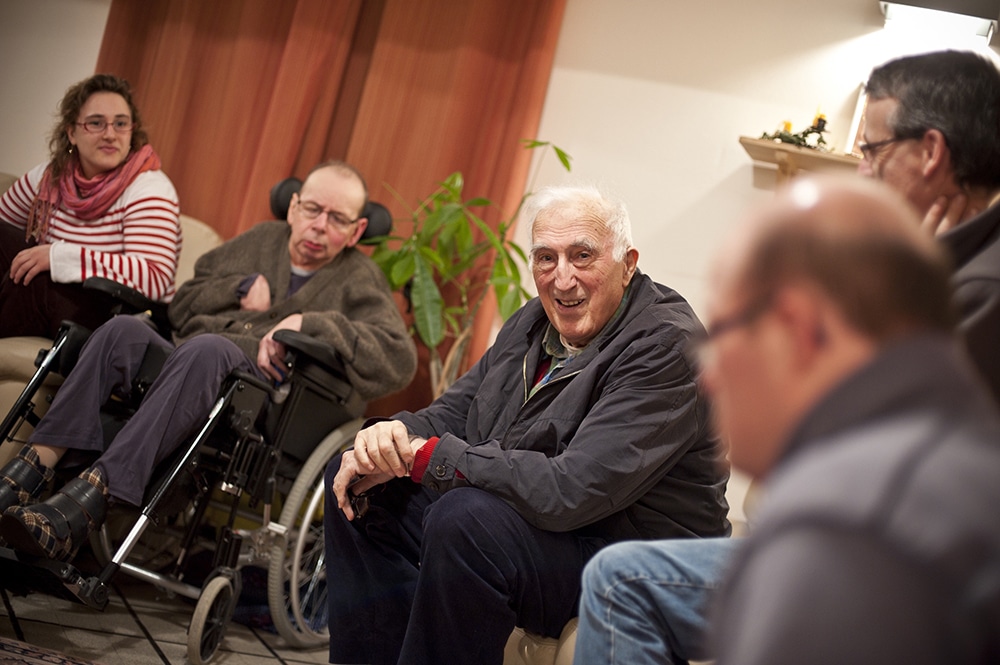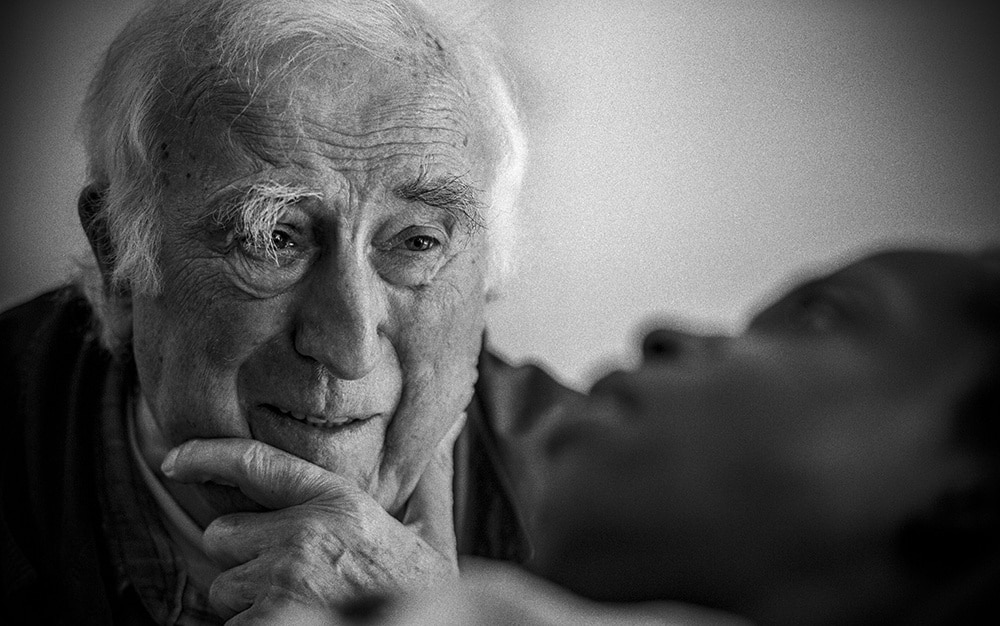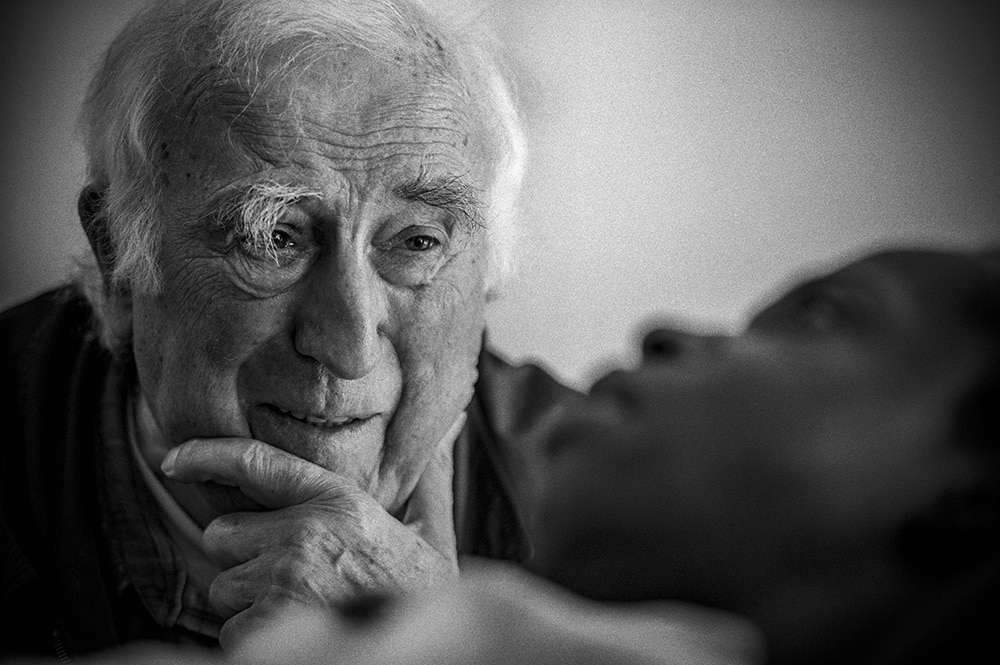And so it’s happened again. It turns out that another great and respected Catholic hero was not what he seemed.
Jean Vanier, the celebrated founder of L’Arche International, a community devoted to caring for those with intellectual disabilities, was also a serial sexual abuser. According to an independent investigation commissioned by L’Arche, the results of which were released Feb. 22, Vanier had manipulative and emotionally abusive sexual relationships with six adult women without disabilities between 1970 and 2005.
The revelations have stunned the world, including many Catholics for whom Vanier’s toil on behalf of the disabled, and his insistence on recognizing the dignity of all people, seemed worthy of sanctity.
But if there is one thing that the abuse crisis — be it in the Church or Hollywood or sports or politics — should have taught us by now, it’s that sanctity, especially when those in positions of power and influence are concerned, isn’t all that common. There’s a reason why the Church has instituted a complex and lengthy canonization process, which includes a thorough investigation into the life of the individual concerned. The devil will make use of whatever he can to sow evil in the world.
Such seems to be the case with Vanier, whose actions were especially despicable given that his sexual relationships generally were begun under the auspices of “spiritual accompaniment.”
In a letter to its members, the leaders of L’Arche International, Stephan Posner and Stacy Cates Carney, addressed the pain and confusion that people inside and outside the organization are feeling as they try to reconcile the image of Vanier the saint with the reality of Vanier the sinner.
“For many of us, Jean was one of the people we loved and respected the most,” they wrote. “Jean inspired and comforted many people around the world … and we are aware that this information will cause many of us, both inside and outside L’Arche, deep confusion and pain. While the considerable good he did throughout his life is not in question, we will nevertheless have to mourn a certain image we may have had of Jean and of the origins of L’Arche.”
The refrain is all too familiar for those of us within the Church who have struggled with regular revelations of sexual abuse by trusted leaders. The University of Notre Dame has already revoked the Notre Dame Award it gave to Vanier in 1994. Other revocations must follow, including the stripping of Vanier’s name off of numerous Canadian schools and other reputable institutions. Sadly, his once-revered name is no longer worthy for such use.
And, yes, while the good of the work of the L’Arche organization worldwide remains valid and essential, the image of its tragic past must change.
But these revelations, while painful for L’Arche and for admirers of Vanier and his work, have not been in vain. While this is a painful time in the history of L’Arche, its current leadership must be commended for handling the investigation of its founder with transparency and honesty, hiring a third-party investigator and publishing the results in a timely manner. The Church and other institutions facing scandal could learn much from their example.
Vanier’s very public fall from grace for the sexual abuse of adults also presents an opportunity for the Church to start the conversation in earnest about the best way to handle such sexual abuse cases. Unlike child sexual abuse, cases involving abuse of adults aren’t mandated to go through review boards, and they are rarely publicized. Consequences for the perpetrators vary. In some ways, sexual abuse of adults is treated as child sexual abuse was treated 20 years ago.
As L’Arche attempts to move beyond the scandal of Vanier, it remains committed to its critical mission to serve the intellectually disabled. In the same way, despite the realities of our own tragic scandal, the Catholic Church must remain committed to its even more critical mission — to share the truth of Jesus Christ with the world. As another hero falls, we are reminded that holiness is not easily attained, and that healing from scandal isn’t either.
Our Sunday Visitor Editorial Board: Gretchen R. Crowe, Scott P. Richert, Scott Warden, York Young





